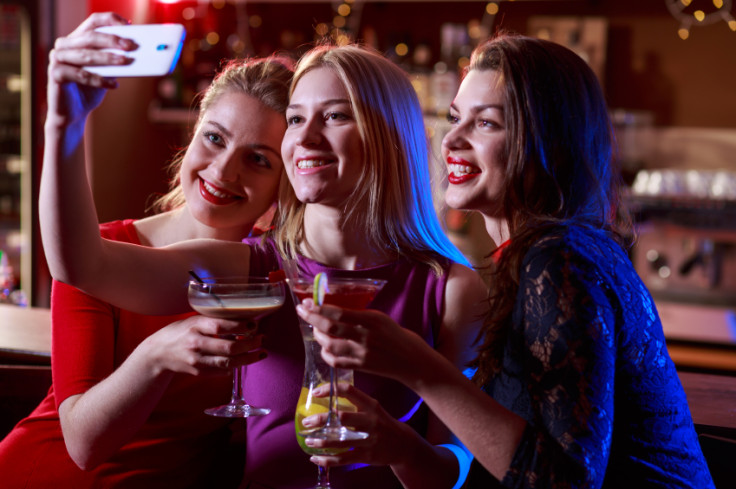Sharing drinking pictures on social media may indicate an alcohol problem

Posting about alcohol on social media is a stronger predictor of an alcohol problem than having a drink, scientists have said. Observing pictures and published blog articles about drinking could therefore help identify young people with risky behaviours.
The study by North Carolina State University and Ohio University analysed the drinking behaviours of college students to understand the drivers behind drinking, then posting about it on the internet.
The findings, published in the Journal of Health Communication: International Perspectives suggest that social media holds the key in preventing people from developing an alcohol addiction.
An 'alcohol identity'
The researchers conducted an online survey of 364 undergraduate students. They were asked about their use of social networks, their alcohol consumption as well as how they used these sites to showcase their drinking. They also answered questions to assess their motivations for drinking.
The scientists discovered that those who described themselves as having an 'alcohol identity' – those who considered drinking to be "a part of who they are – were more likely to drink a lot and to post about it on sites such as Facebook, Twitter and Instagram. Such behaviours, such as missing school and getting into fights due to drinking, correlated positively to issues with alcohol.
Surprisingly perhaps, posting about alcohol-use was even identified as having a stronger predictor of an alcohol problem than having a drink. "This might be because posting about alcohol use strengthens a student's ties to a drinking culture, which encourages more drinking, which could lead to problems," co-lead author Charee Thompson says.
Identifying those most at risk
The team hopes their findings prompt health authorities to come up with better prevention strategies, in tackling risky and addictive behaviours linked to alcohol in young people. They believe scanning messages and photos on social media could help identify those who are most vulnerable.
"We're hopeful that these findings can aid policy-makers in developing interventions to target the most at-risk populations – particularly students with strong alcohol identities," co-lead author Lynsey Romo says. "And social media may help identify those students."
© Copyright IBTimes 2025. All rights reserved.






















